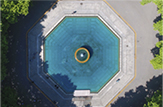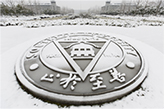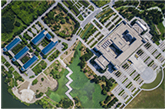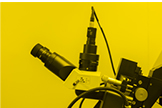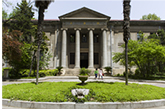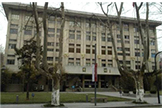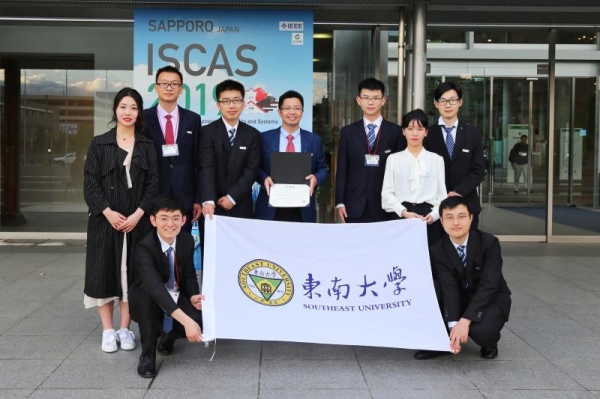
Recently, IEEE International Symposium on Circuits and Systems (ISCAS 2019) was held in Sapporo, Japan, during which CASS Student Design Competition was held. The project submitted by Southeast University titled “Neural Network Based Wireless Vision Detection System” won the champion of Asia Pacific region. This is the first time that Southeast University has organized undergraduate students to participate in such competition. The team consists of nine undergraduates from the School of Information Science and Engineering, Chien-Shiung Wu College and the School of Computer Science and Engineering, etc..
IEEEISCAS is a flagship conference hosted by IEEE Circuits and Systems Society for circuit and system theory, design and implementation, etc.. ISCAS 2019 pays special attentions to sustainable circuits and systems that live in harmony with the nature and is committed to solving multidisciplinary challenges in circuits and systems. CASS Student Design Competition is a global competition in electrical engineering and related fields. The undergraduates proposed their solutions based on practical problems regarding circuits and systems in the competition. During the ISCAS 2019 finals, the project attracted the attention of many scholars at home and abroad in the Presentation and Live Demonstration sessions for its flexibility and fun.
The team designed a neural network-based wireless vision system that enables real-time image data transmission and fast switching among multiple applications. The system can realize object detection, pedestrian counting, human body posture detection and 3D reconstruction, and features good performance such as low power consumption and long-distance transmission. The system's real-time transmission and high flexibility make it a great potential for future applications. The system, based on the neural network image recognition algorithm, can automatically extract similar features from different images, with higher accuracy and adaptability. The wireless communication can reduce the computing resources of the front end of the system, thereby improving the system’s flexibility and portability. The project was jointly instructed by Associate Professor Zhang Chuan from the School of Information Science and Engineering, Wang Jingfei from the Youth League Committee, and graduate students Xu Weihong and Shen Yifei.






